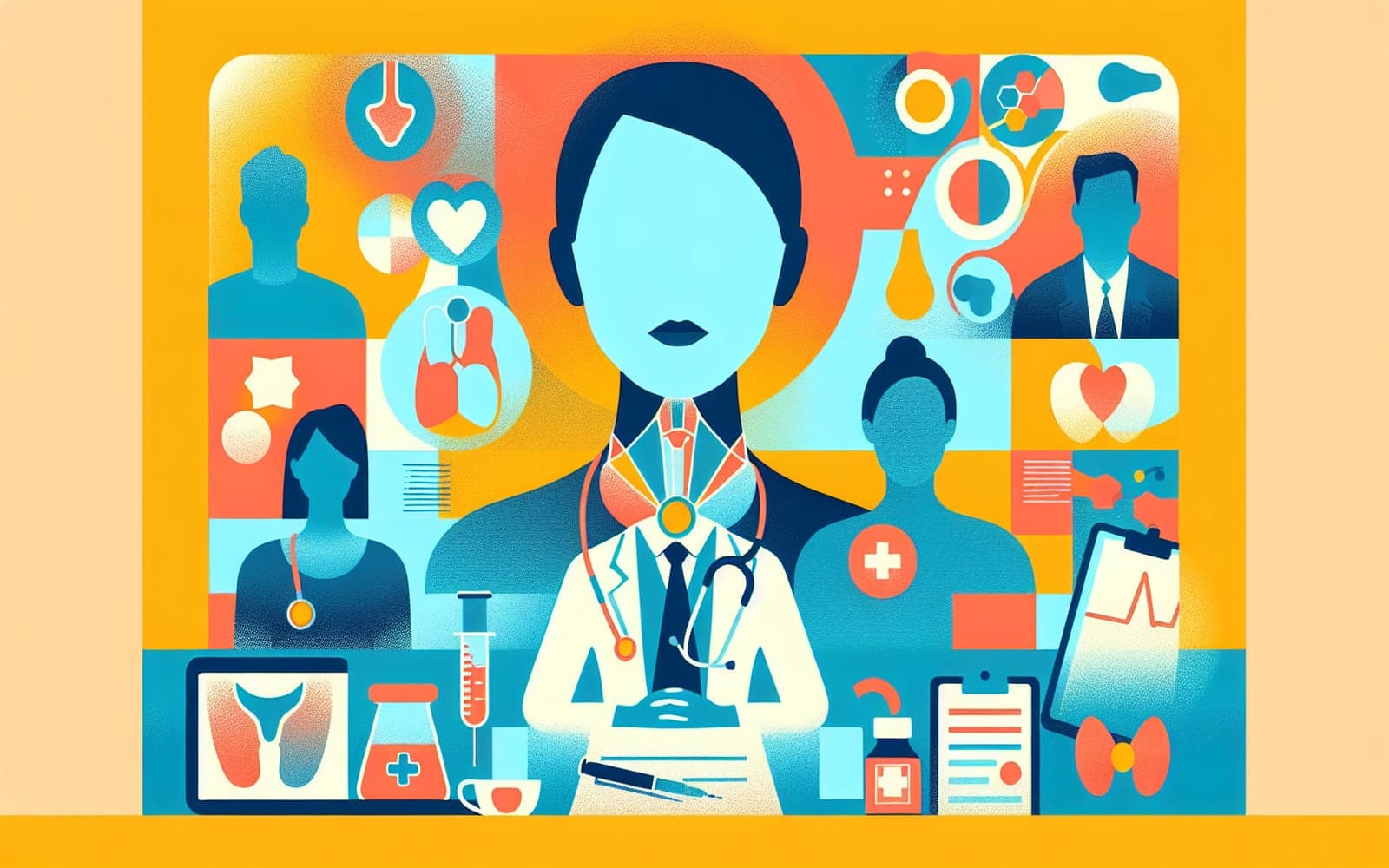How is Hypothyroidism Diagnosed?
Published: Sep 27, 2024

Medically reviewed by Jerome Albert Ecker | MD, Assistant Professor of Medicine, Duke University - Durham, NC on September 27th, 2024.
Diagnosing hypothyroidism involves more than just checking symptoms. This article explains the step-by-step process of diagnosing this condition.
Contents
Initial Testing: The Role of TSH
The first step in diagnosing hypothyroidism is usually a blood test to measure thyroid-stimulating hormone (TSH) levels. Elevated TSH suggests the thyroid isn't producing enough hormones. This test is crucial for confirming the diagnosis, particularly in patients with symptoms.
Free T4 Test: A Closer Look
If TSH levels are high, a free T4 test is often the next step. This test measures the actual thyroid hormone levels in the blood. It helps distinguish between overt and subclinical hypothyroidism, guiding treatment decisions.

Central Hypothyroidism Diagnosis
Central hypothyroidism, caused by issues with the pituitary gland, requires different testing. In this case, both TSH and free T4 levels may be abnormal. Additional imaging tests like an MRI might be needed to assess the pituitary gland.
Frequently Asked Questions
The TSH blood test is the initial test.
High TSH indicates potential hypothyroidism.
It's a blood test measuring actual thyroid hormone levels.
It involves abnormal TSH and free T4 tests, plus imaging.
Key Takeaways
Understanding the diagnostic process for hypothyroidism is key to effective management.
Think you might need testing? Discuss your symptoms with Doctronic for guidance.Related Articles
References
Surks MI, Ortiz E, Daniels GH, et al. Subclinical thyroid disease: scientific review and guidelines for diagnosis and management. JAMA 2004; 291:228.
Gharib H, Tuttle RM, Baskin HJ, et al. Subclinical thyroid dysfunction: a joint statement on management from the American Association of Clinical Endocrinologists, the American Thyroid Association, and the Endocrine Society. J Clin Endocrinol Metab 2005; 90:581.
This article has been reviewed for accuracy by one of the licensed medical doctors working for Doctronic. Always discuss health information with your healthcare provider.

